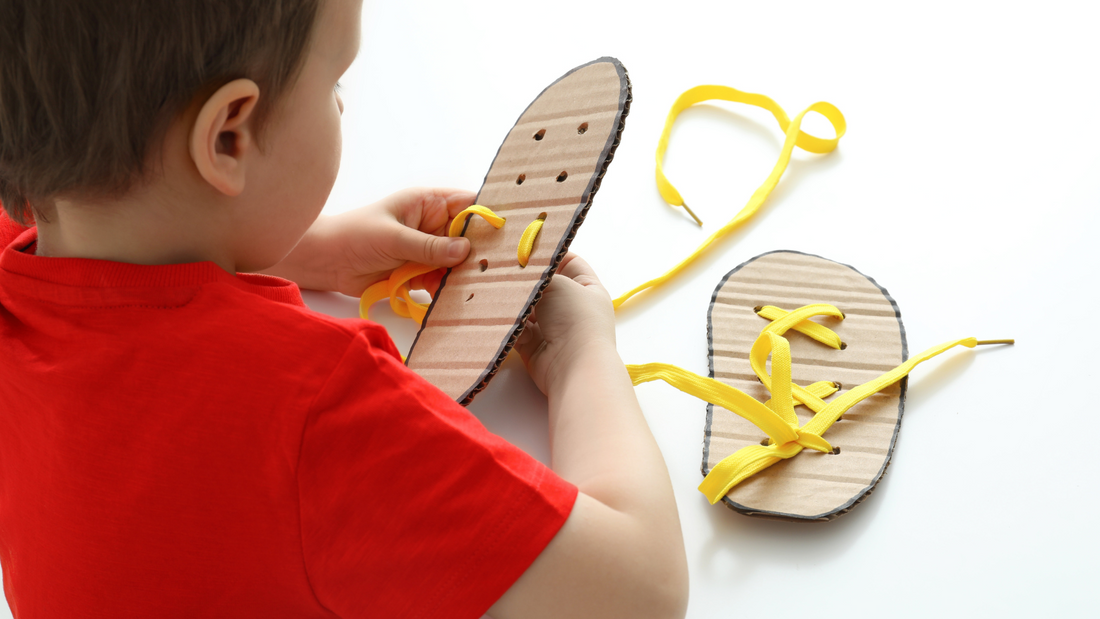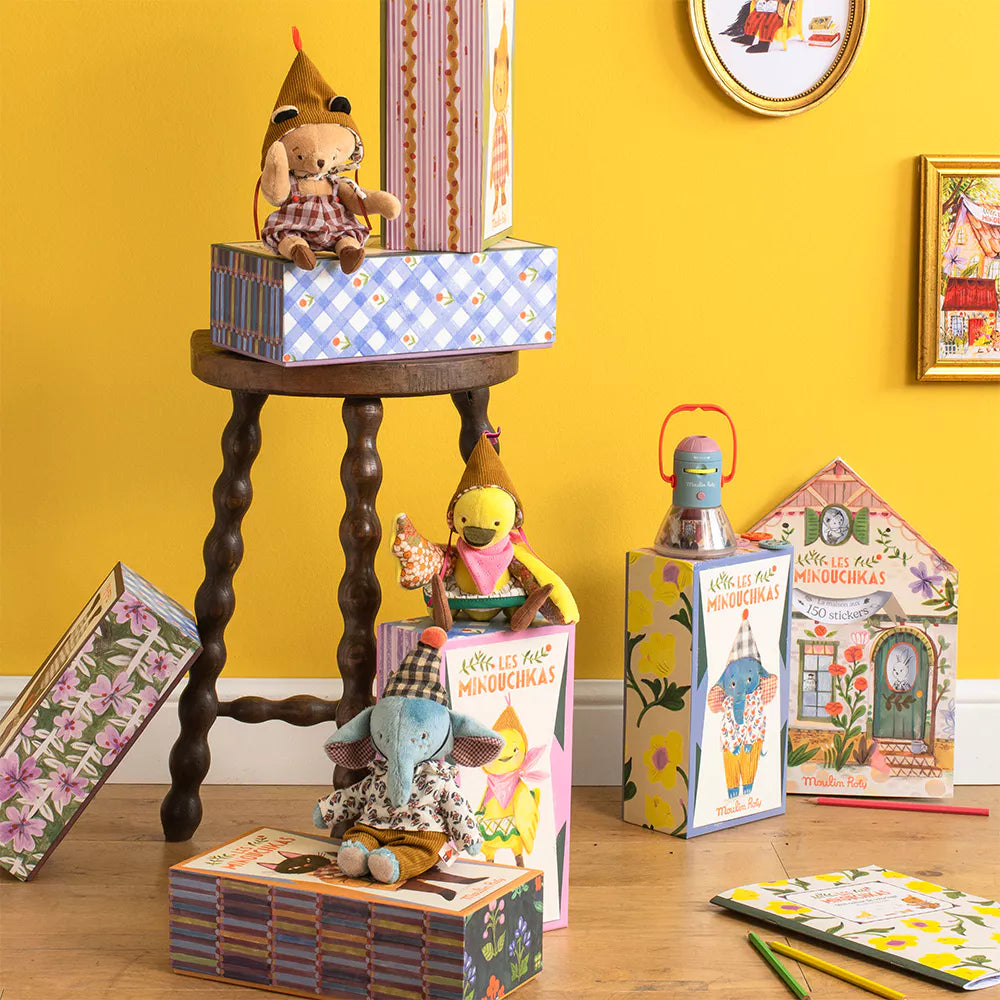Supporting the Development of Fine Motor Skills

When it comes to child development, there are many important skills that parents and caregivers should be aware of. One such frequently referenced skill is 'fine motor skills'.
What are Fine Motor Skills?
Fine motor skills refer to the small movements that we make with our hands and fingers. These skills involve the coordination of small muscles in the fingers, hands, and wrists, and are essential for performing tasks that require precision and control. Examples of fine motor skills include picking up small objects, using utensils, writing, and buttoning clothes.
How Can You Support the Development of Fine Motor Skills?
As a parent or caregiver, there are many ways you can support and encourage the development of fine motor skills in children:
- Provide Opportunities for Practice: Offer a variety of activities that require the use of fine motor skills, such as coloring, cutting with safety scissors, playing with building blocks, or stringing beads.
- Encourage Independence: Allow children to dress themselves, feed themselves, and perform other self-care tasks independently. Offer assistance when needed, but also give them the opportunity to practice and develop their skills.
- Use Playdough or Clay: Playing with playdough or clay is a fabulous way to help strengthen hand muscles and improve fine motor skills. Encourage children to squeeze, roll, and shape the dough.
- Practice Fine Motor Activities: Engage children in activities that specifically target fine motor skills, such as threading beads onto a string, using tweezers to pick up small objects, or completing simple puzzles.
5 Toys for Developing Fine Motor Skills
1. Building Blocks
Building blocks are a classic childhood toy that has been promoting fine motor skills for generations! Children can stack, sort, and manipulate blocks, which helps improve hand-eye coordination and finger dexterity. Encourage your child to build towers, bridges, and other structures to enhance their fine motor skills.
2. Puzzles
Puzzles are not only fun but also great for developing fine motor skills. Choose puzzles with larger pieces that are easy for little hands to grasp. As children manipulate the puzzle pieces, they enhance their hand-eye coordination, problem-solving abilities, and fine motor skills.
3. Play-Doh
Play-Doh is a fantastic sensory toy that offers numerous benefits for fine motor skill development. Children can squeeze, roll, and shape the Play-Doh, which strengthens their hand muscles and improves finger control. r child to create different shapes and objects to enhance their fine motor skills.
4. Lacing Cards
Lacing cards are an excellent toy for improving hand-eye coordination and fine motor skills. The action of threading laces through the holes in the cards requires precise finger movements. This activity helps strengthen hand muscles and improves hand-eye coordination.
5. Pegboards
Pegboards are a fantastic toy for developing fine motor skills and hand-eye coordination. Children can place colorful pegs into the pegboard, which requires precise finger movements and hand-eye coordination. Encourage your child to create patterns or sort the pegs by color to enhance their fine motor skills.
Every child develops at their own pace, so be patient and provide plenty of opportunities for repeated practice and exploration.

